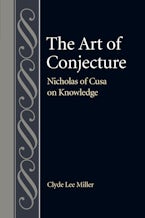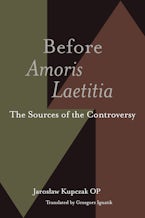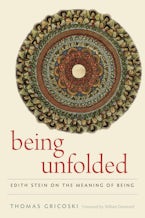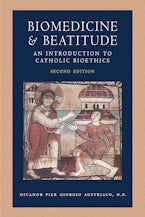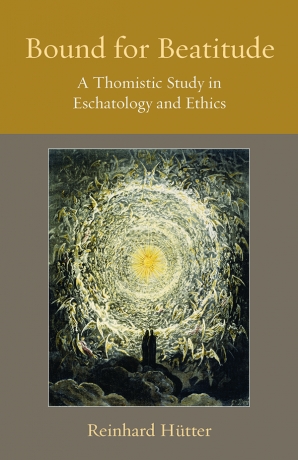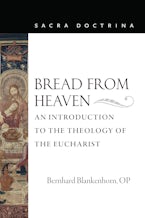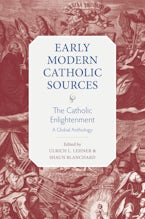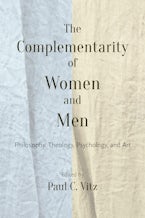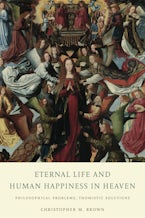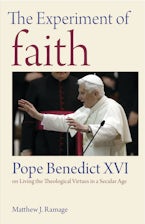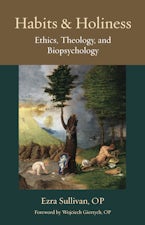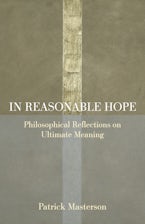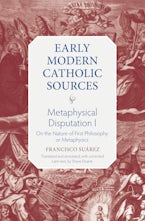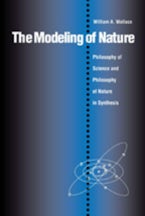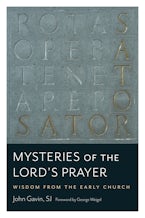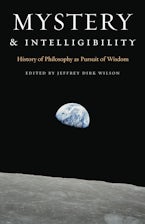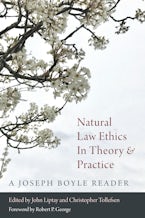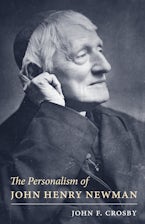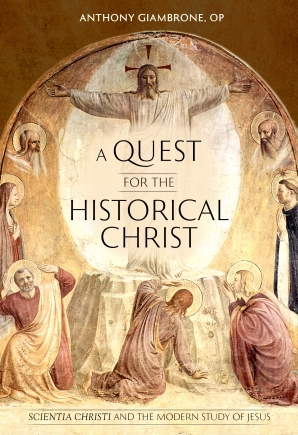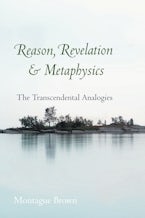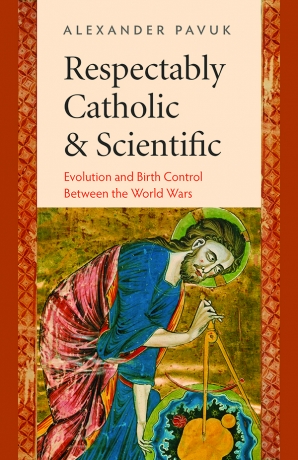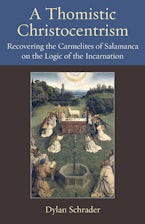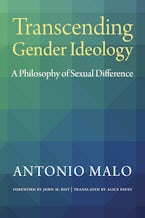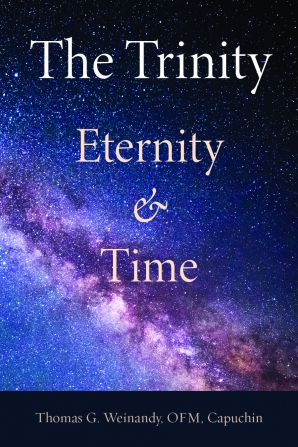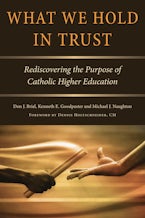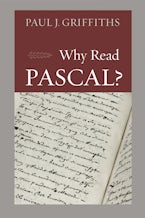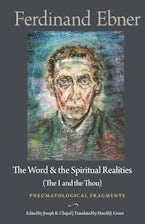In honor of the annual conference for the American Catholic Philosophical Association, we’re offering a limited-time deal on these select titles.
From November 14 to December 24, 2022, use discount code “ACPA22” at checkout to get 30% off!
Logical Problems, Thomistic Answers
Aquinas on Imitation of Nature
Source of Principles of Moral Action
Nicholas of Cusa on Knowledge
The Sources of the Controversy
Lonergan, Aquinas, and the Problem of Wisdom
Philosophical Anthropology through Phenomenology
Being is Better Than Not Being
The Metaphysics of Goodness and Beauty in Aristotle
Edith Stein on the Meaning of Being
An Introduction to Catholic Bioethics, second edition
A Thomistic Study in Eschatology and Ethics
An Introduction to the Theology of the Eucharist
Catholic Dogmatic Theology: A Synthesis
Book 1, On the Trinitarian Mystery of God
A Global Anthology
A Cultural Mind in the Age of the Great War
The Complementarity of Women and Men
Philosophy, Theology, Psychology, and Art
A Theological Introduction to Origen of Alexandria
A Synthesis of Ancient and Modern Approaches to Scripture
Eternal Life and Human Happiness in Heaven
Philosophical Problems, Thomistic Solutions
Philosophers, Psychologists, and Real-Life Exemplars Show Us How to Achieve It
Pope Benedict XVI on Living the Theological Virtues in a Secular Age
Faith and Reason through Christian History
A Theological Essay
A Study of Soul in Plotinus
Medieval Theories of Divine Ideas from Bonaventure to Ockham
Ethics, Theology, and Biopsychology
Philosophical Reflections on Ultimate Meaning
The Irreducibility of the Human Person
A Catholic Synthesis
John Henry Newman and the Development of Doctrine
Encountering Change, Looking for Continuity
On the Nature of First Philosophy or Metaphysics
The Philosophy of Science and the Philosophy of Nature in Synthesis
Mysteries of the Lord's Prayer
Wisdom from the Early Church
History of Philosophy as Pursuit of Wisdom
Natural Law and Thomistic Juridical Realism
Prospects for a Dialogue with Contemporary Legal Theory
Natural Law Ethics in Theory and Practice
A Joseph Boyle Reader
Wittgenstein and the Renewal of Moral Theology
The Nature of Political Philosophy
And Other Studies and Commentaries
Aquinas, Barth, and Garrigou-Lagrange on the Epistemic Use of God’s Effects
Pictures, Quotations, and Distinctions
Fourteen Essays in Phenomenology
The Predestination of Humans and Angels
Augustinus, Tome III, Book IX
A Quest for the Historical Christ
Scientia Christi and the Modern Study of Jesus
Reason, Revelation, and Metaphysics
The Transcendental Analogies
Religious Freedom after the Sexual Revolution
A Catholic Guide
Respectably Catholic and Scientific
Evolution and Birth Control between the World Wars
Anthropological Dimensions of Theological Controversies
An Introduction to Philosophy in the Catholic Tradition
Thinking with St. John Paul II
JP2 Lectures, Volume 1
Recovering the Carmelites of Salamanca on the Logic of the Incarnation
A Philosophy of Sexual Difference
Eternity and Time
Thomistic Reflections on Divinization, Prudence, Religion, and Prayer
Crucial Philosophical Issues for Theology
Rediscovering the Purpose of Catholic Higher Education
The Word and the Spiritual Realities (the I and the Thou)
Pneumatological Fragments



